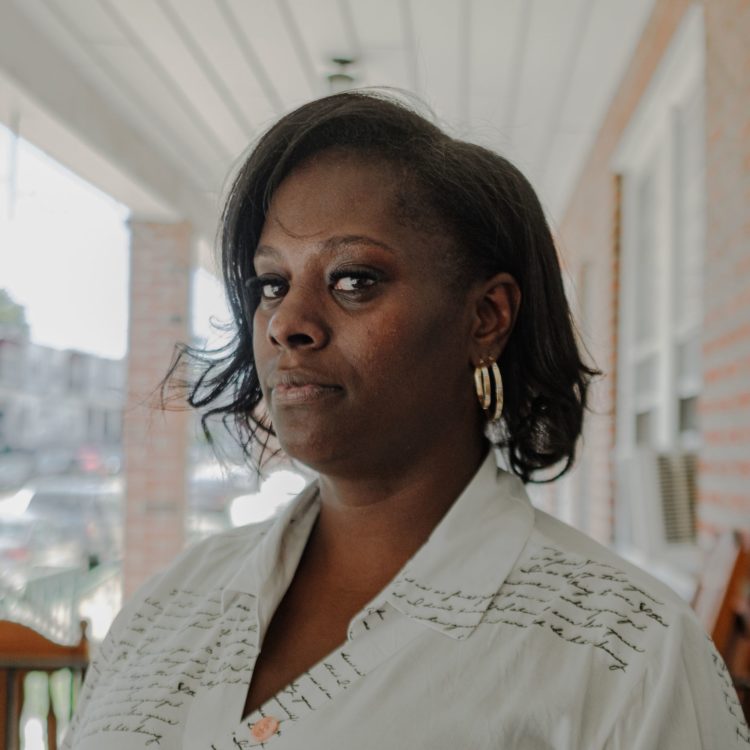Mandatory Reporting Was Supposed to Stop Severe Child Abuse. It Punishes Poor Families Instead.
Share
Explore Our Galleries
Breaking News!
Today's news and culture by Black and other reporters in the Black and mainstream media.
Ways to Support ABHM?
By Mike Hixenbaugh and Suzy Khimm, NBC News, and Agnel Philip, ProPublica
After the Sandusky child abuse scandal rocked Pennsylvania, the state required more professionals to report suspected child abuse. That led to a strained child welfare system and more unsubstantiated reports against low-income families.

More than a decade before the Penn State University child sex abuse scandal broke, an assistant football coach told his supervisors that he had seen Jerry Sandusky molesting a young boy in the shower. When this was revealed during Sandusky’s criminal trial in 2012, it prompted public outcry: Why hadn’t anyone reported the abuse sooner?
In response, Pennsylvania lawmakers enacted sweeping reforms to prevent anything like it from ever happening again.
Most notably, they expanded the list of professionals required to report it when they suspect a child might be in danger, broadened the definition for what constitutes abuse and increased the criminal penalties for those who fail to report.
[…]
A flood of unfounded reports followed, overwhelming state and local child protection agencies. The vast expansion of the child protection dragnet ensnared tens of thousands of innocent parents, disproportionately affecting families of color living in poverty. While the unintended and costly consequences are clear, there’s no proof that the reforms have prevented the most serious abuse cases, an NBC News and ProPublica investigation found.
Instead, data and child welfare experts suggest the changes may have done the opposite.
The number of Pennsylvania children found to have been abused so severely that they died or were nearly killed has gone up almost every year since — from 96 in 2014 to 194 in 2021, according to state data. State child welfare officials say more vigilance in documenting severe cases of abuse likely contributed to the increase. But child safety advocates and researchers raised concerns that the surge of unfounded reports has overburdened the system, making it harder to identify and protect children who are truly in danger.
Check out the rest of the article.
Black Americans have also been unfairly punished for protesting.
More breaking news here.









Comments Are Welcome
Note: We moderate submissions in order to create a space for meaningful dialogue, a space where museum visitors – adults and youth –– can exchange informed, thoughtful, and relevant comments that add value to our exhibits.
Racial slurs, personal attacks, obscenity, profanity, and SHOUTING do not meet the above standard. Such comments are posted in the exhibit Hateful Speech. Commercial promotions, impersonations, and incoherent comments likewise fail to meet our goals, so will not be posted. Submissions longer than 120 words will be shortened.
See our full Comments Policy here.